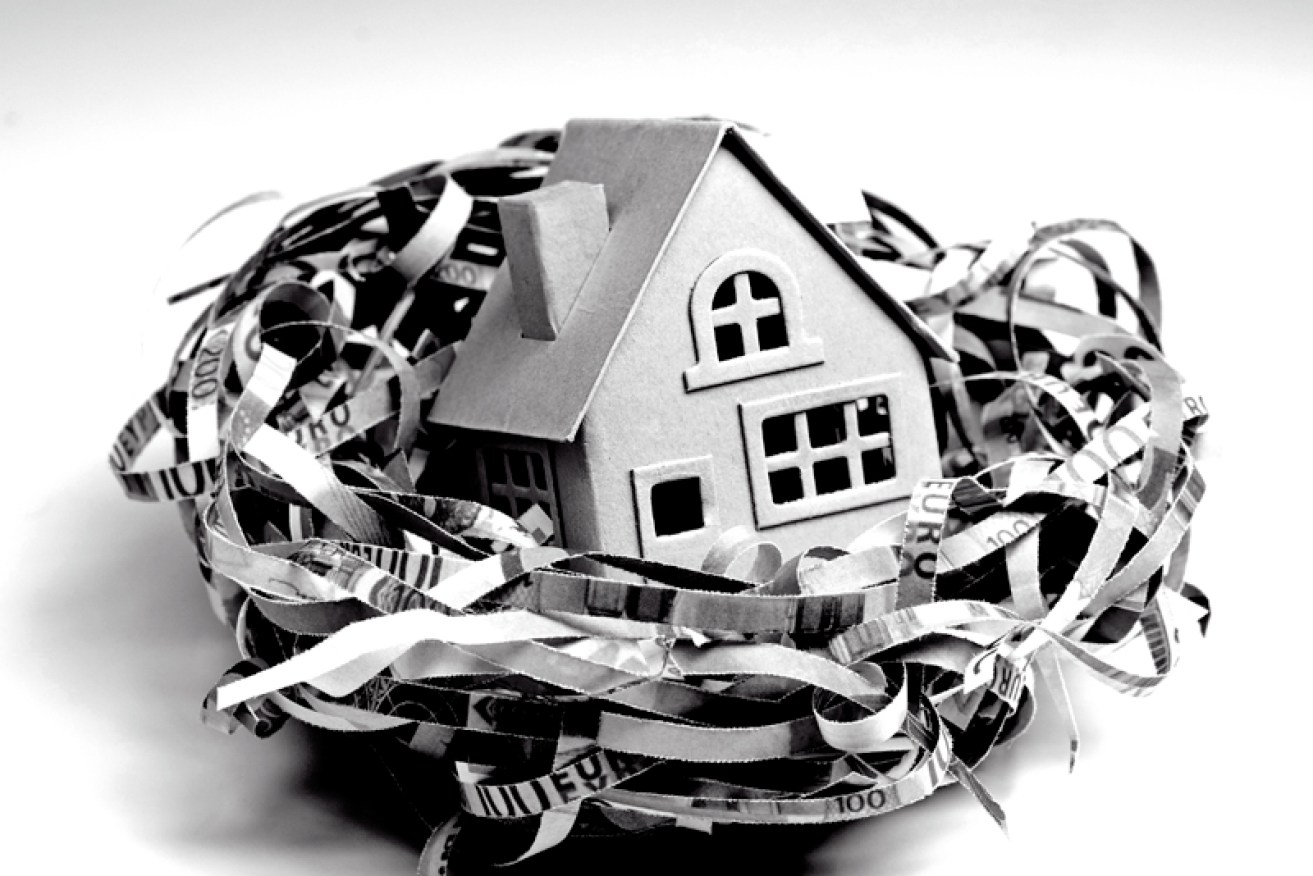Loophole in super-for-housing draft bill has experts worried

Treasury has finally explained how the scheme would work. Photo: Getty
The government’s First Home Super Saver Scheme may tempt cash-strapped Australians to “blow” their superannuation on non-housing related expenses, a lawyer has warned.
Treasurer Scott Morrison released draft legislation last week that clarified how the government intends the housing affordability measure to work.
It revealed that first home buyers could choose to keep any money they withdrew from their super, even if they failed to buy a house with it, provided they paid a hefty penalty.
Treasury said in a statement that those who withdraw super without buying a home “must either recontribute the release amount into superannuation, or pay a tax equal to 20 per cent of the amount released”.
Will Barsby, national general manager of superannuation and life insurance at Shine Lawyers, warned this loophole could be “abused”.
“It’s definitely a concern, in that potential first home buyers are struggling to save as it is. You can imagine a scenario where they sign up to an off-the-plan property, it falls through, and they end up spending the cash anyway,” he told The New Daily.
The penalty for doing so would be onerous. A frustrated first home buyer would only be able to keep 80 per cent of the super they withdraw. The rest would be forfeited to the Australian Taxation Office after 12 or 24 months if they don’t use it for housing.
Mr Barsby said the temptation to spend the money should be prevented entirely, not just discouraged.
“It’s designed to make sure the unspent money returns to the super fund, but the reality is that young Australians will probably get hit with bills and the money will get dwindled away.”
The Association of Superannuation Funds of Australia, which represents the entire industry, said it was still reviewing the draft legislation but had initial concerns about the measure.
“In a general sense, ASFA recognises home ownership as an important contributor to quality of life in retirement and can see benefits in terms of member engagement from the First Home Super Scheme,” ASFA chief executive Dr Martin Fahy said.
“However, to maintain the integrity of the superannuation system, funds should only be released and utilised for the purchase of a first home. We would be concerned to the extent that money is withdrawn and not used to purchase a house.”
The scheme was first announced in the May budget, and technically Australians can start contributing from July 1 this year, although Parliament has not yet enacted it.
The draft legislation would give first home buyers 12 months after the release of their superannuation to sign a contract to purchase a qualifying home. They would also be able to ask the ATO for a 12-month extension.
Savers would be able to withdraw $30,000 at most.
Treasurer Morrison said in his budget speech the scheme would help first home home buyers “accelerate their savings by at least 30 per cent”.

Treasurer Scott Morrison announced the scheme in this year’s budget. Photo: AAP
Australians above the age of 18 who’ve never owned property of any kind, residential or investment will be eligible. They will not be disqualified if their partner has owned a home.
Only residential dwellings or vacant land would be eligible for purchase under the scheme. Houseboats and motor homes would not qualify.
First home buyers would be required to “occupy” the property “as soon as practicable”, and for at least six months of the first 12 months. Presumably, they could sell it after a year.
Prospective buyers would be able to withdraw 85 per cent of any pre-tax salary sacrifices they’ve made into their super fund after July 1 this year, and 100 per cent of any post-tax contributions, plus “deemed earnings” (currently 4.78 per cent) – even if “deemed earnings” exceeded their fund’s actual returns.
The ATO would also withhold a percentage of that amount to cover tax, equal to its best estimate of that person’s tax payable. If it couldn’t make an estimate, it would withhold 17 per cent.
The government has invited submissions on the draft legislation.








